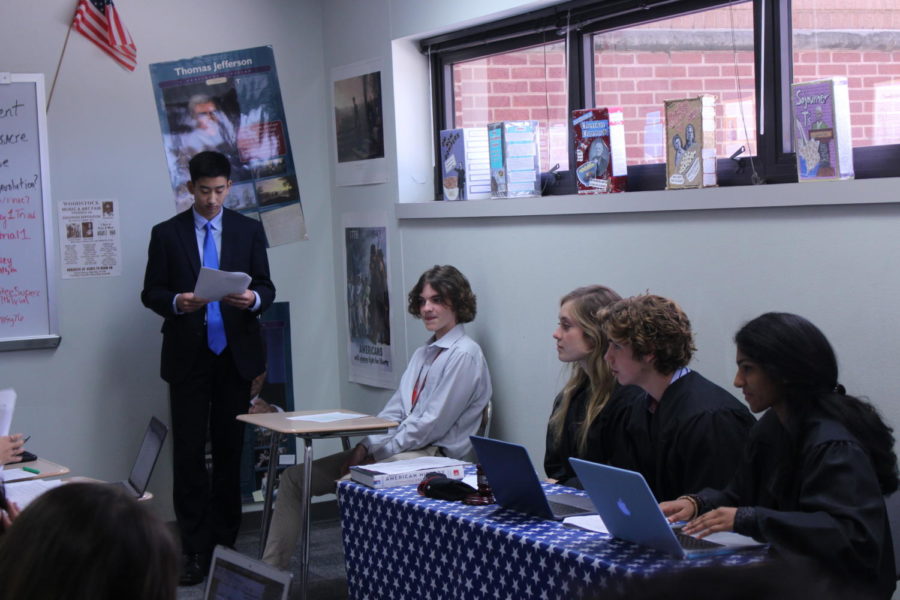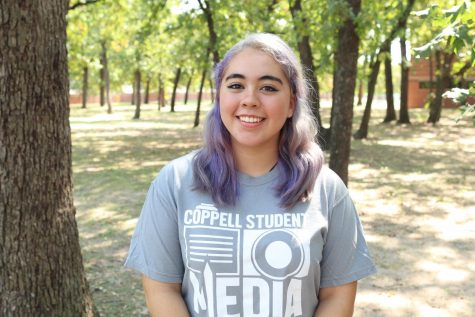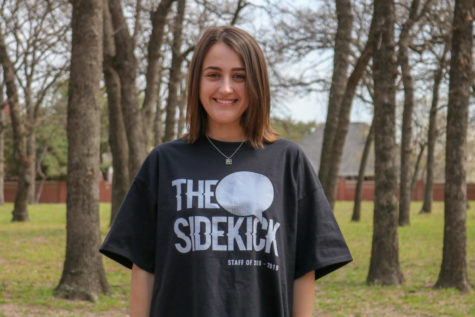On the Spot: APUSH students reenact Boston Massacre through annual mock trial (with video)
Ben Krenek and Heather Lee | KCBY-TV
During seventh period in Casey’s AP United States history class, students are assigned to replicate a 1700s courtroom in early colonial America. Judges and witnesses are being pursued to win over the three judges with the testimonies.
September 21, 2018
Today, in Diane de Waals’ APUSH classes, students wrap up the final stages of their court trial of the Boston Massacre.
Students were assigned to replicate a 1700s courtroom in early colonial America as a project for their second unit. Students fill the role of four judges and several witnesses, as they will go against each other to win over the judges with their testimonies.
The project revolves around events that happened on nights prior to and on the day of the Boston Massacre on Mar 5, 1770. The trial follows the historical moment of several British soldiers accused of murder after five men dropped dead with bullets in their bodies.
The job of the student witnesses is to reword their stories and make the other side look bad by giving their attorneys the right questions to ask them.
“My favorite part about this trial was the perspective we got,” junior Ashwaq Cheema said. “Everyone gets to view both sides of the trial from back then, and I think that’s really cool.”
The testimonies of each witness are based on what real people who were there during the actual massacre may have seen. The students analyze different pieces of evidence and information according to what their role in court is.
Judges are in charge of carefully listening to each testimony and justly managing both sides. Attorneys have the task of knowing the testimonies of each witness and coming up with questions to cross-examine those who are testifying on the opposing side. Witnesses come up with their own questions for their attorneys to ask them and they must thoroughly memorize what the person they’re testifying as found.
“What I love the most about the trial is that it gives the students an opportunity to shine,” APUSH teacher Diane de Waal said. “They dig deep down into their character and pull out a part of them that they didn’t know they had, not just as a student, but as a person as well.”











